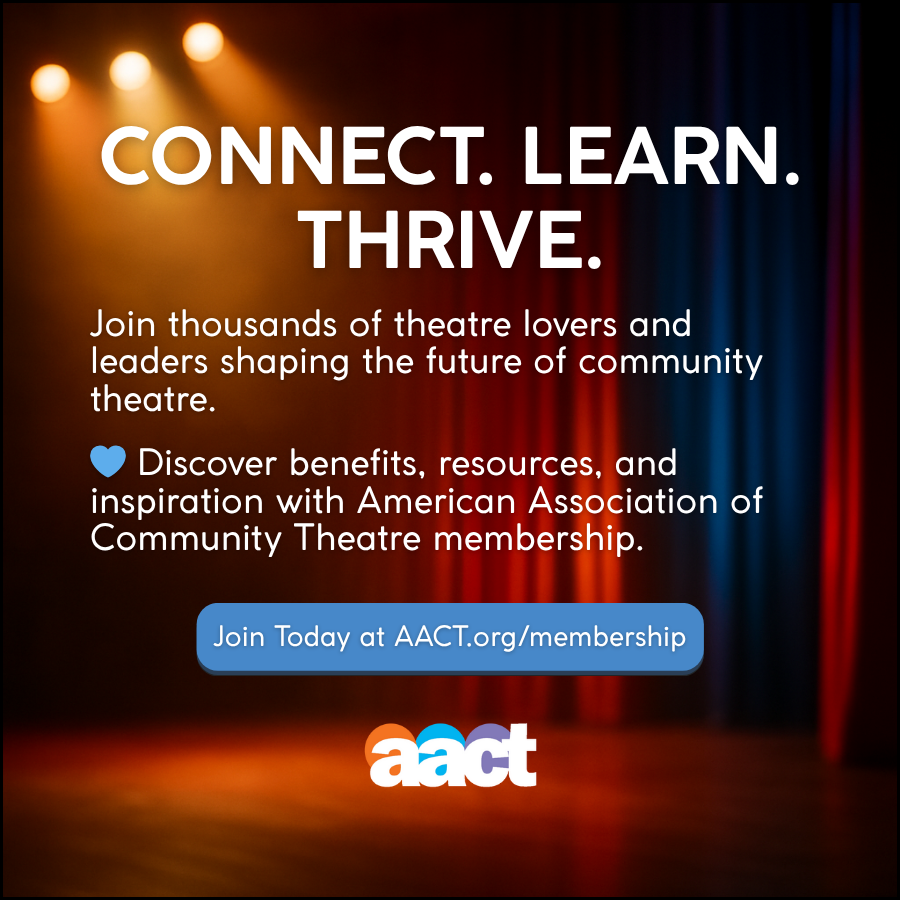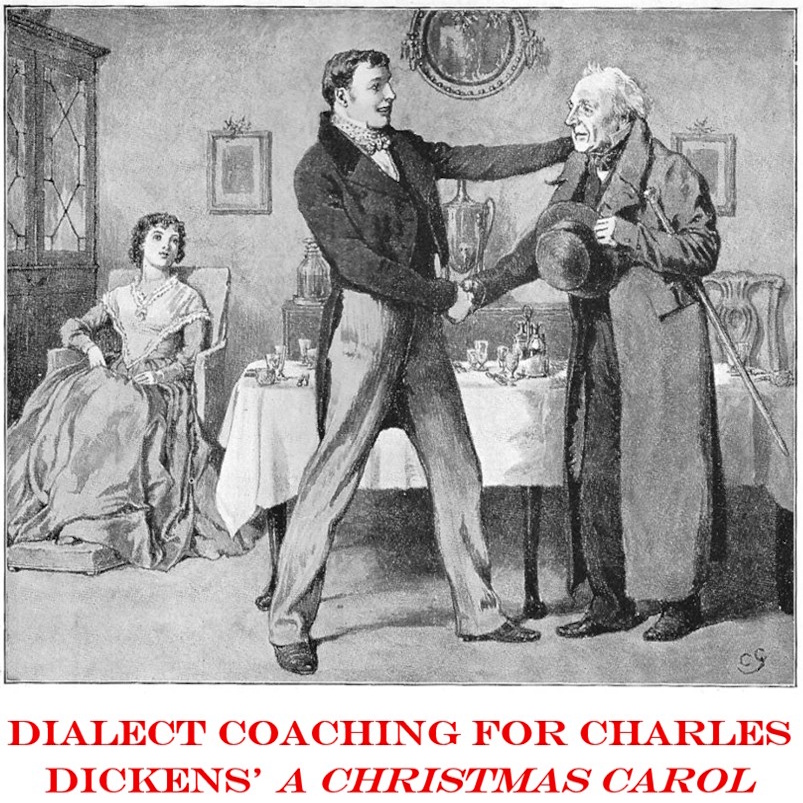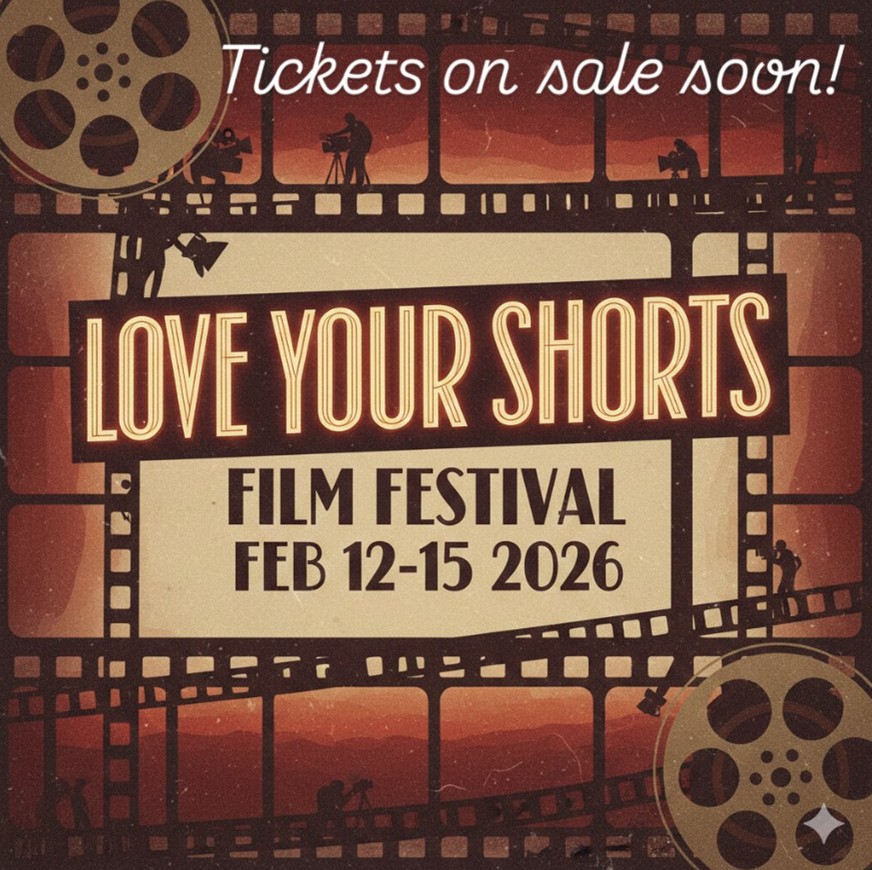Scotland 11
Listen to Scotland 11, a 22-year-old man from Stewarton, Ayrshire, Scotland. Click or tap the triangle-shaped play button to hear the subject.
Both as a courtesy and to comply with copyright law, please remember to credit IDEA for direct or indirect use of samples. IDEA is a free resource; please consider supporting us.
BIOGRAPHICAL INFORMATION
AGE: 22
DATE OF BIRTH (DD/MM/YYYY): 1980
PLACE OF BIRTH: Stewarton, Ayrshire, Scotland
GENDER: male
ETHNICITY: Caucasian
OCCUPATION: student
EDUCATION: When recorded, the subject was a higher-level student.
AREA(S) OF RESIDENCE OUTSIDE REPRESENTATIVE REGION FOR LONGER THAN SIX MONTHS: N/A
OTHER INFLUENCES ON SPEECH: N/A
The text used in our recordings of scripted speech can be found by clicking here.
RECORDED BY: Ros Steen
DATE OF RECORDING (DD/MM/YYYY): 11/2002
PHONETIC TRANSCRIPTION OF SCRIPTED SPEECH: N/A
TRANSCRIBED BY: N/A
DATE OF TRANSCRIPTION (DD/MM/YYYY): N/A
ORTHOGRAPHIC TRANSCRIPTION OF UNSCRIPTED SPEECH:
I’m from Stewarton, which is near Kilmarnock in Ayrshire. Stewarton is actually known as the “Bonnet Toun” [Bonnet Town] because years ago that’s where they used to make hats, which in Scots is known as bonnets. There is, there’s a very strong Burns tradition, actually making a bit of a revival, it lost a bit of interest I think, in the first half of the 21st centaury. But people, keeping, keep it alive, making it a lot more, a lot more interesting to young people and a lot more young people are reading Burns and reciting Burns, reciting at a competition level, as well as learning Burns at school. Um, they’re trying to teach a lot more in the way of Scots language and Scots literature. The H…? Project is a higher education funded project, um, that’s supposed to focus on delivery of music, um, over the Internet. And, allowing particularly students of Scottish traditional music an opportunity to learn tunes and to learn music from the Internet, because they learn orally rather than classical musicians, who concentrate a lot more on transcriptions. Um, the idea is that we’ll supply as many tunes as we can over the Internet and supply as many opportunities for students to learn tunes as we can, and hopefully they’ll begin to pick up, pick up tunes from the Internet. That’s the idea behind the project. Scottish traditional musicians, you have to learn Scots as well. Scots and Gaelic, of course, is part of the course to there, yeah, there’s a lot of, um, Scots language stuff in there, as well it focuses quite closely on pronunciation so …
TRANSCRIBED BY: Karina Lemmer
DATE OF TRANSCRIPTION (DD/MM/YYYY): 29/07/2008
PHONETIC TRANSCRIPTION OF UNSCRIPTED SPEECH: N/A
TRANSCRIBED BY: N/A
DATE OF TRANSCRIPTION (DD/MM/YYYY): N/A
SCHOLARLY COMMENTARY:
This speaker is from Ayrshire, that part of the Central Scots dialect region defined as West-Mid Scots or West-Central Scots. Most people expect speakers with a West of Scotland accent to come from Glasgow, but the Ayrshire dialects, while having many features in common with Glaswegian, differ from it fairly sharply, most noticeably in the number of Scots words that it still retains. Both accents, however, share a characteristic dropping pattern to their intonations. Ayrshire is still predominantly rural, and its speech is sturdy and muscular. There is less nasality than can be found in some Glaswegian accents and less theatricality of tune. One can also hear a slight backward drag to some vowels, noticeably the [æ] sound in “happy” and “language.”
COMMENTARY BY: Ros Steen
DATE OF COMMENTARY (DD/MM/YYYY): 11/2002
The archive provides:
- Recordings of accent/dialect speakers from the region you select.
- Text of the speakers’ biographical details.
- Scholarly commentary and analysis in some cases.
- In most cases, an orthographic transcription of the speakers’ unscripted speech. In a small number of cases, you will also find a narrow phonetic transcription of the sample (see Phonetic Transcriptions for a complete list). The recordings average four minutes in length and feature both the reading of one of two standard passages, and some unscripted speech. The two passages are Comma Gets a Cure (currently our standard passage) and The Rainbow Passage (used in our earliest recordings).
For instructional materials or coaching in the accents and dialects represented here, please go to Other Dialect Services.
 IDEA: International Dialects of English Archive
IDEA: International Dialects of English Archive



